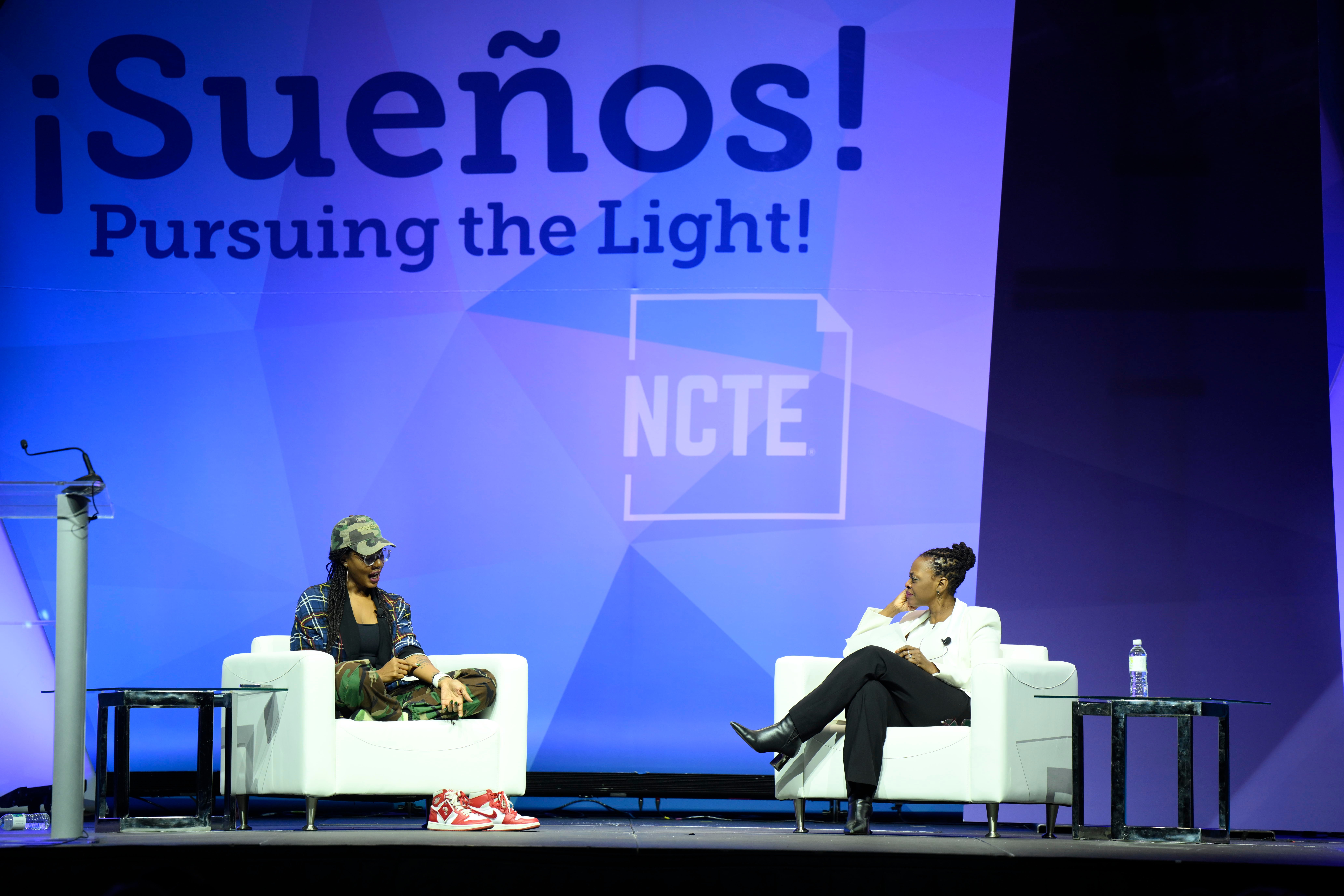We were lucky to catch up with Yolanda Sealey-Ruiz recently and have shared our conversation below.
Yolanda, appreciate you joining us today. Let’s kick things off with a hypothetical question – if it were up to you, what would you change about the school or education system to better prepare students for a more fulfilling life and career?
I would love to change the teacher preparation system to be more focused on the cultural and historical lives of the students to help teachers shift away from the lies they have been told about the academic capabilities of children of color.
Everything I have accomplished during my time in the Academy and Corporate has been influenced by what came before my arrival in those spaces: the love of my family and community, what my ancestors sacrificed, my years of teaching high school in the evenings, and finally leaving my Corporate position to enter a doctoral program at New York University as a full-time student. Everything is connected and has influenced why I study racial literacy and culturally responsive education for Black and Latinae students. I was born in the South Bronx, New York. While only a train ride away, for me and many others in my community, places like Columbia University was a world apart. In my research and teaching, in particular, I have sought to bridge the gap between where I, and many Black and Brown youth are from, and where they can go with educational opportunity. Teachers must learn more about the cultural grounding of their students, and the history of racism and how it impacts our understanding of communities and the students we serve. This is critical for schools and education systems.
For years, I taught high school (and college) at night while working as a Marketing executive during the daytime for The New York Times, Business Week Magazine, and New York University’s School of Continuing and Professional Studies. While at NYU, the pull of the classroom was overwhelming, and after 13 years of working in business and teaching high school and college in the evenings, I decided to return for my doctorate and become a teacher educator. I received my MA in English Education from Teachers College, and my Ph.D. in English Education, Curriculum and Technology from NYU. After earning my doctorate, and working as an Assistant Professor of English Composition and Rhetoric at Kingsborough Community College, in 2006, I joined New York University’s Metropolitan Center for Urban Education as their first-ever Postdoctoral Fellow. In 2008, I started at Teachers College, Columbia University.
My overall goals have been to make important contributions to the fields of English Education and Urban Education, and influence teachers of the notion that despite its flaws, the education system can be a path of possibility to further the lives of their Black and Brown students.
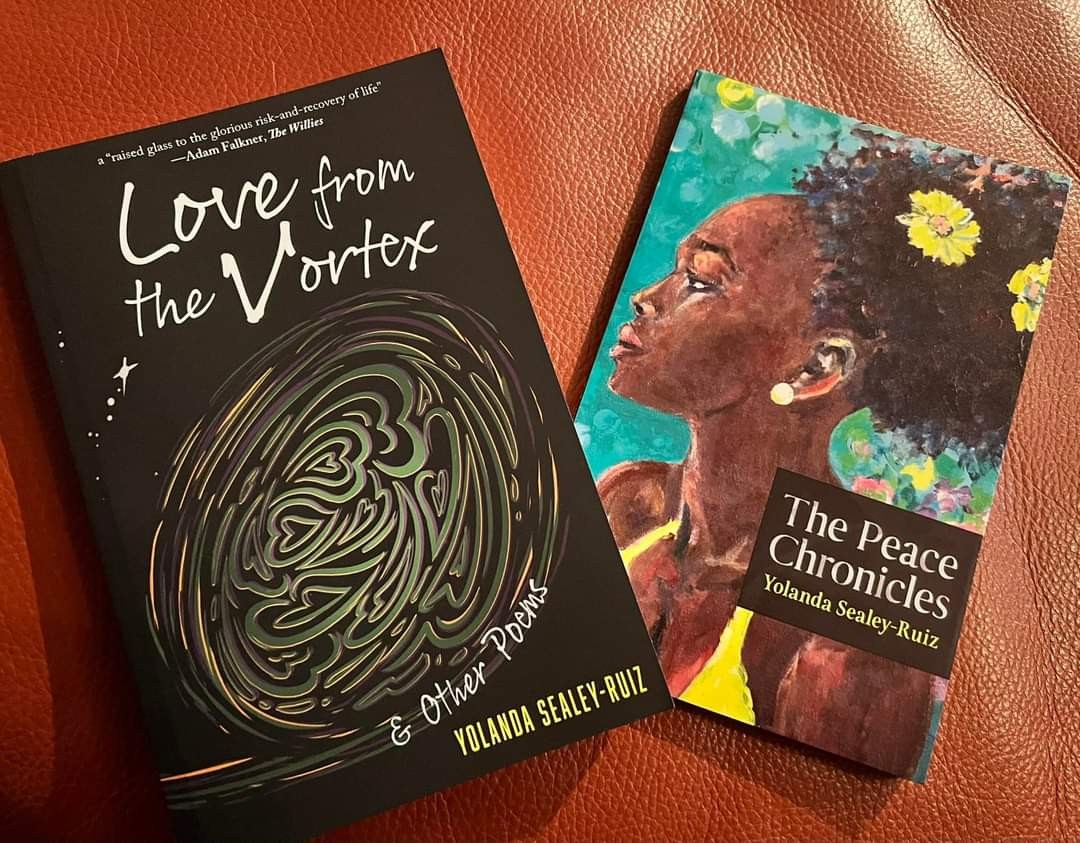
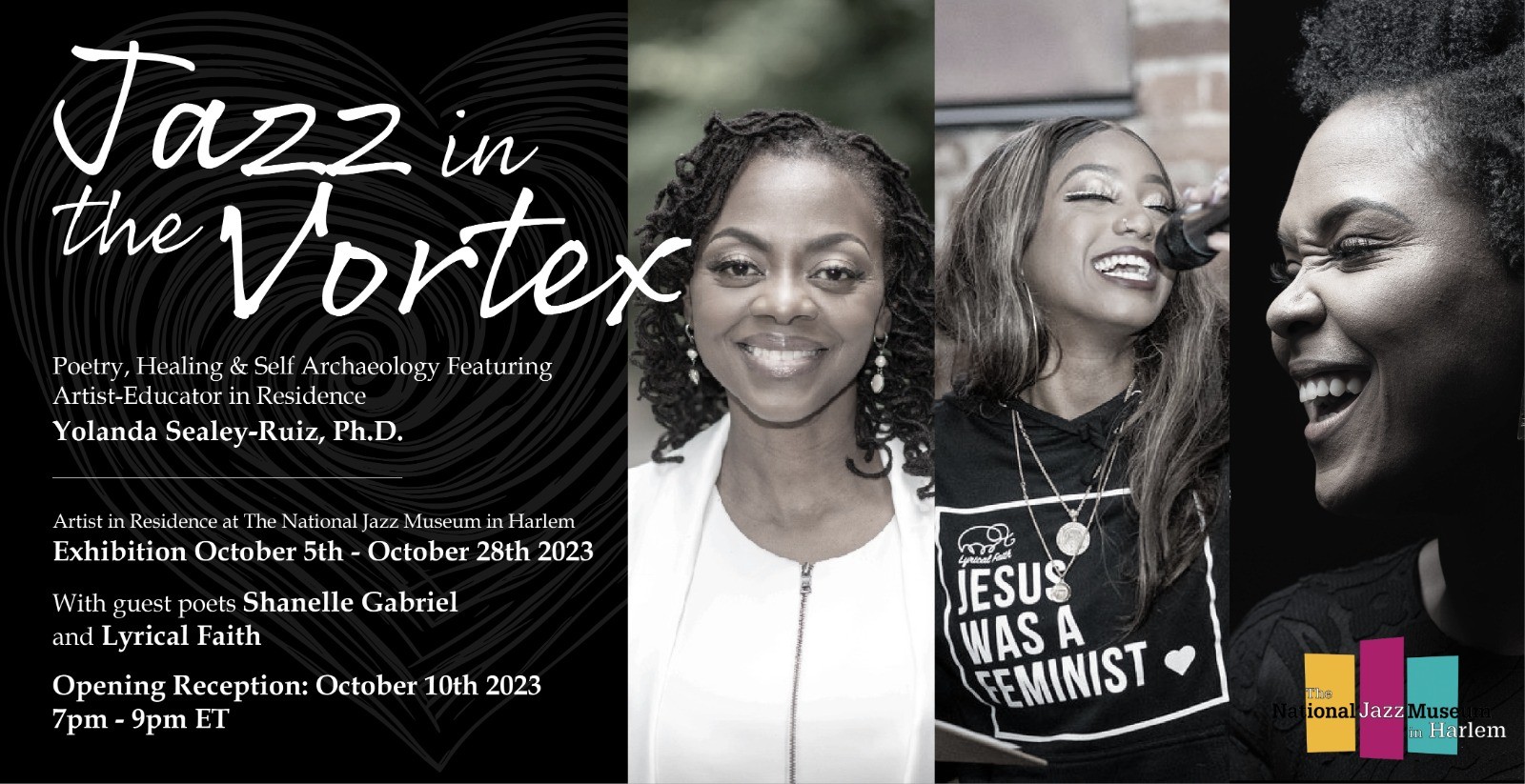
Yolanda, before we move on to more of these sorts of questions, can you take some time to bring our readers up to speed on you and what you do?
I talk a lot about self-development and healing in education, and how it intersects with the concept of racial literacy. I want people to examine what they’ve been taught about race and learn how to release the damaging stereotypes they hold, this is of particular importance to me when talking about teachers and the students they serve.
Besides writing and speaking about this, I’ve written poetry books that are my example of doing the work of Archaeology of Self™ . To expand the reach of the books and this concept, I recorded both books for Audible. I further explore my creativity and reach by designing playlists, an Instagram interview program, tee-shirts, candles, and other merchandise to help bring attention to these two books which I call my “artifacts” from my archeological dig on love and intimacy.
I have presented my work at colleges, universities, schools, and businesses in the United States and abroad. I cite the Archaeology of Self™ and my poetry books as examples of the “self-excavation” teachers must do to become racially literate, and culturally responsive. An inspiring response to my creative scholarship has been how K-12 schools have embraced the books and make a correlation between my work and the need for love in urban education. I am further inspired by teams of young people and their teacher, Vera Naputi, who write curriculum for grades 3 – 12 based on the poetry books! The students, Vera, and I have written academic articles together and hosted conversations on love with faculty in higher education and teachers at the K-12 level.
I am grateful that my poetry has received attention from the art and music community. The Macy Gallery at Teachers College, Columbia University held two exhibits featuring the poetry and artwork of both books. The first exhibit held in June 2021 was “A Moment to Love.” The second exhibit, “Love, Peace & Liberation: A Multimodal Journey” featured an Archaeology of Self™ workshop that I facilitated with the exhibit visitors. Classical music and jazz concerts have been based on my poetry as well. It’s been a creative and growth-filled experience for me to see the influence of my work.
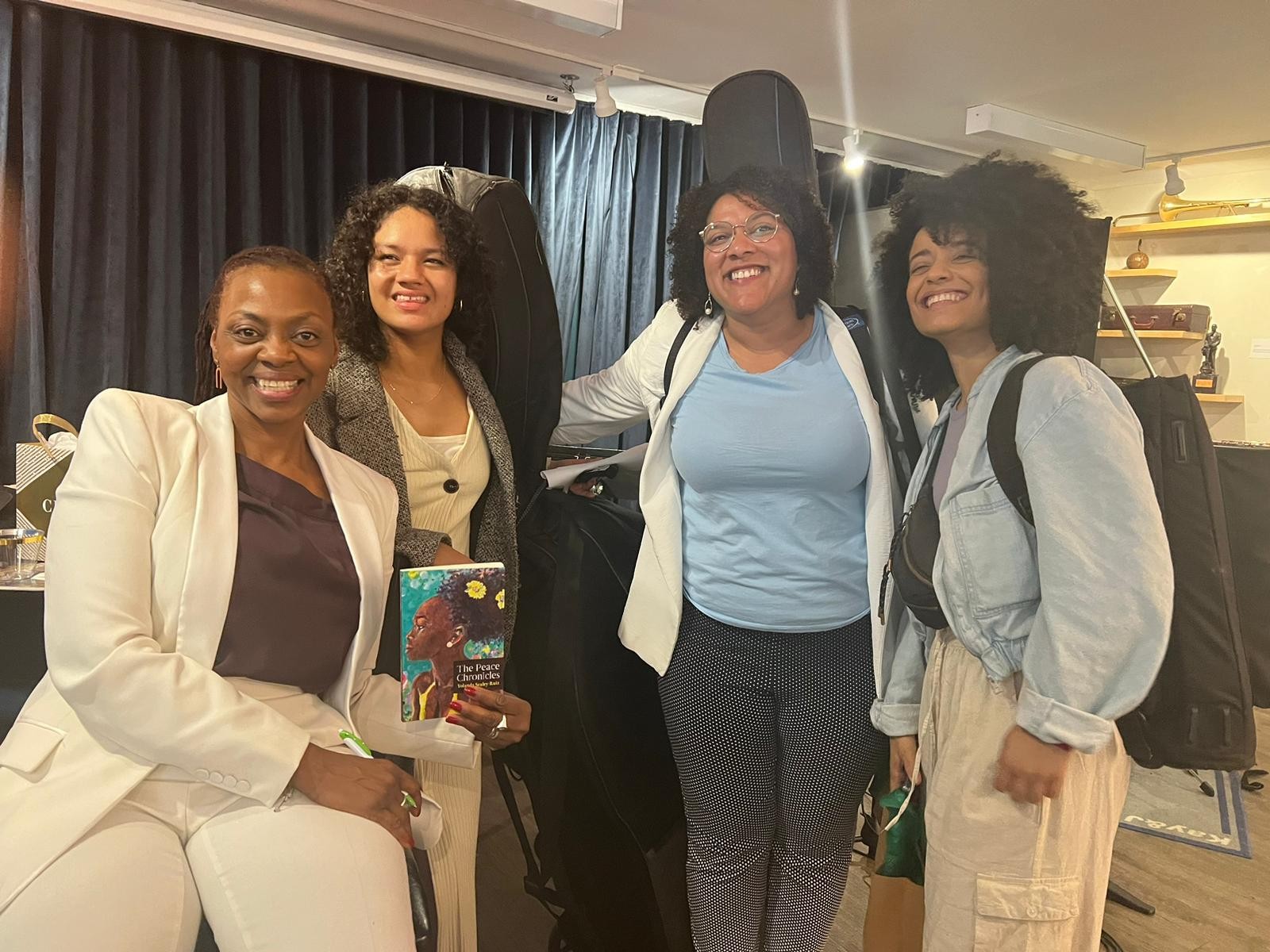

What do you think helped you build your reputation within your market?
Building my business, the Arch of Self LLC, was an endeavor deeply rooted in the principles of racial literacy and the courageous journey of confronting racism head-on. This venture was not just about creating a business; it was about fostering a movement towards greater self-awareness, understanding, and taking action against the systemic inequities that pervade our society, as well as bringing healing to the self, schools, and our world. Reflecting on this journey, several key factors played pivotal roles in the development and success of the work I do through the Arch of Self LLC.
First and foremost, the foundation of racial literacy and the self-excavation process provided the guiding light. The commitment to educating oneself and others about the history, impact, and nuances of racism is the cornerstone of my business. By diving deep into the complexities of racial dynamics, I try to offer a space for meaningful learning and unlearning, critical reflection, and personal growth. This approach allows individuals to confront their prejudices and biases in a supportive environment, leading to transformative experiences.
The integration of the Archaeology of Self™ model into the business strategy was a game-changer. This unique framework encourages individuals to excavate their beliefs, values, and biases, much like an archaeologist unearths artifacts from the past. By including this concept as central to the business model, the Arch of Self LLC continues to help individuals understand the origins of their racial perceptions and how these influence their interactions and decisions. It is a powerful tool for deconstructing racism at a personal level and rebuilding on a foundation of equity and understanding.
The concepts of community engagement and empowerment also played a crucial role. Building a business on the principles of racial literacy means going beyond individual transformation; it is about creating a ripple effect in the community. Through workshops, seminars, and collaborations, schools and businesses engage with diverse perspectives to amplify the voices often made silent, and foster a collective movement towards racial justice.
Finally, perseverance in the face of adversity was key while building the Arch of Self LLC. The journey to build a business centered on confronting racism is fraught with challenges, resistance, and moments of doubt. Yet, the belief in the mission and the impact of the work fueled my continued effort and resilience. My persistence is a testament to the power of my vision, determination, and unwavering commitment to making a difference in this world.
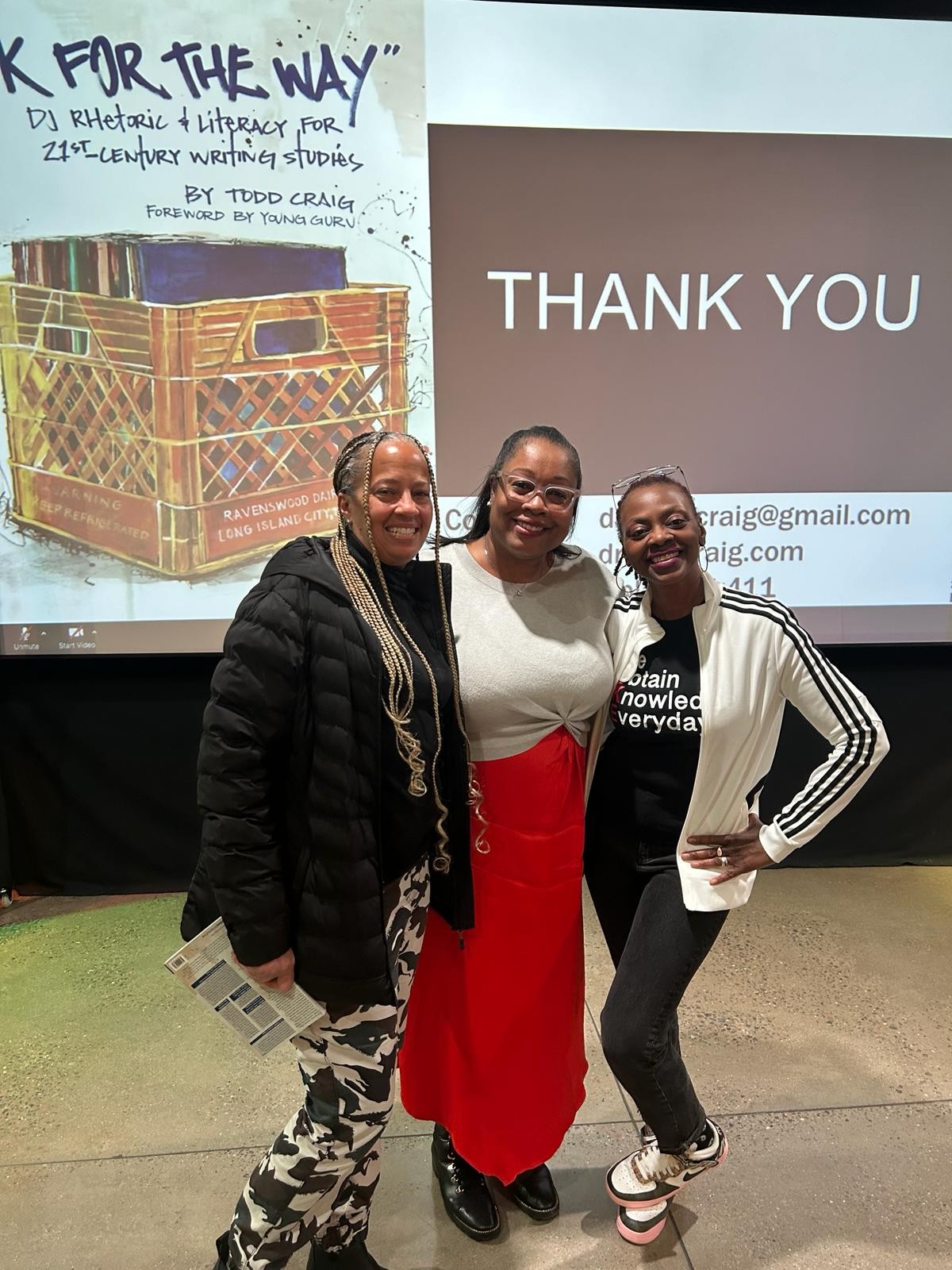
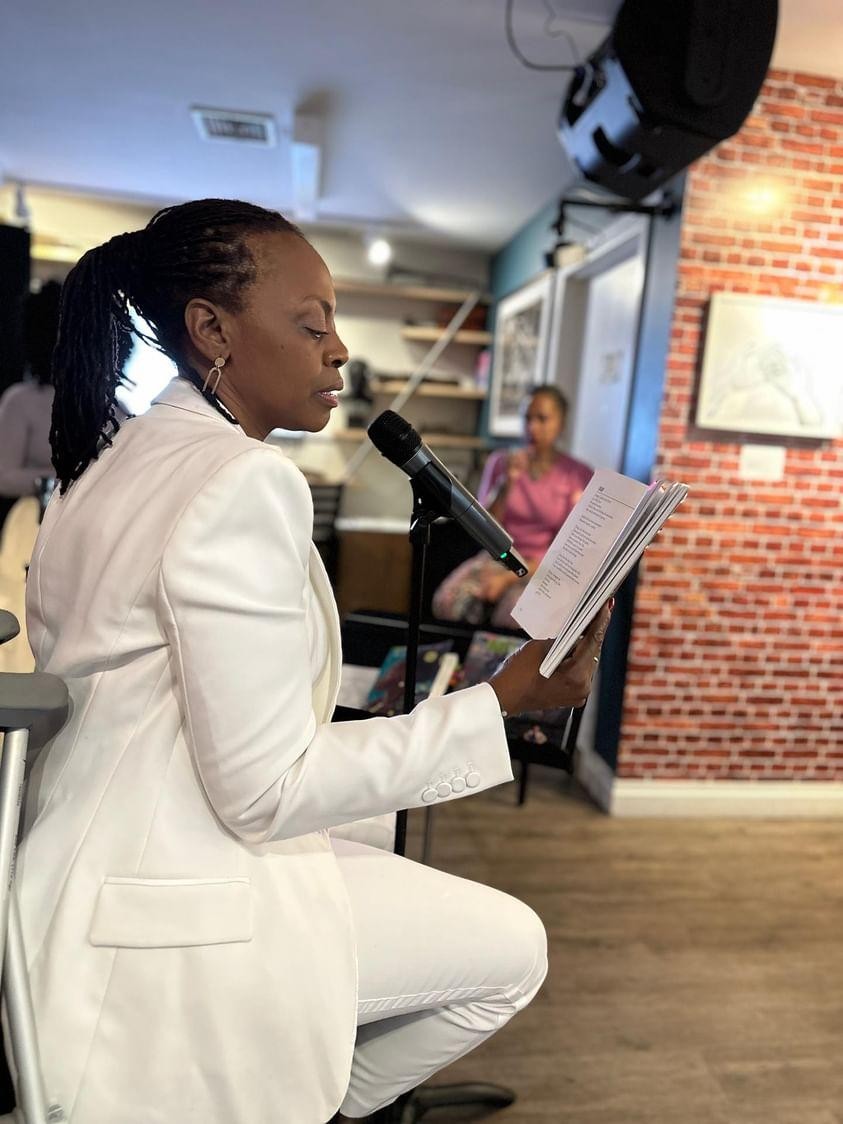
Can you share a story from your journey that illustrates your resilience?
Since I am a storyteller and poet, I’d like to answer this question with a Bronx tale:
I came of age
in the South Bronx.
Other than its fame
as the birthplace of Hip-Hop,
my neighborhood was just like other hoods
in America—
A poor community rich
in potential & possibility because of its youth.
Rap music guided us—
Grandmaster Flash, a few blocks away,
Easy A.D. of Cold Crush, a few floors above.
We were of housing projects & tenement buildings, wrapped in the security of our youth.
We were young.
viii Foreword
We were Black & Boricua. We were optimistic.
We were infinite.
We dreamed fearlessly
as our parents made a way
out of no way.
It wasn’t until we grew up that we realized how much the world was against us.
The Hip-Hop movement in America is my North Star for persevering in my business and facing challenges in my life. Those of us who came of age during this era had much leveled against us from society. We had to believe in our dreams if we were going to overcome challenges put in our way. The music and all that it represented propelled our mental and emotional strength and allowed us to reimagine our conditions and reshape the brokenness the world handed to us as our destiny. I draw on inspiration from the Hip Hop movement all the time. The power and sustainability of the movement help me feel alive and keep me going!
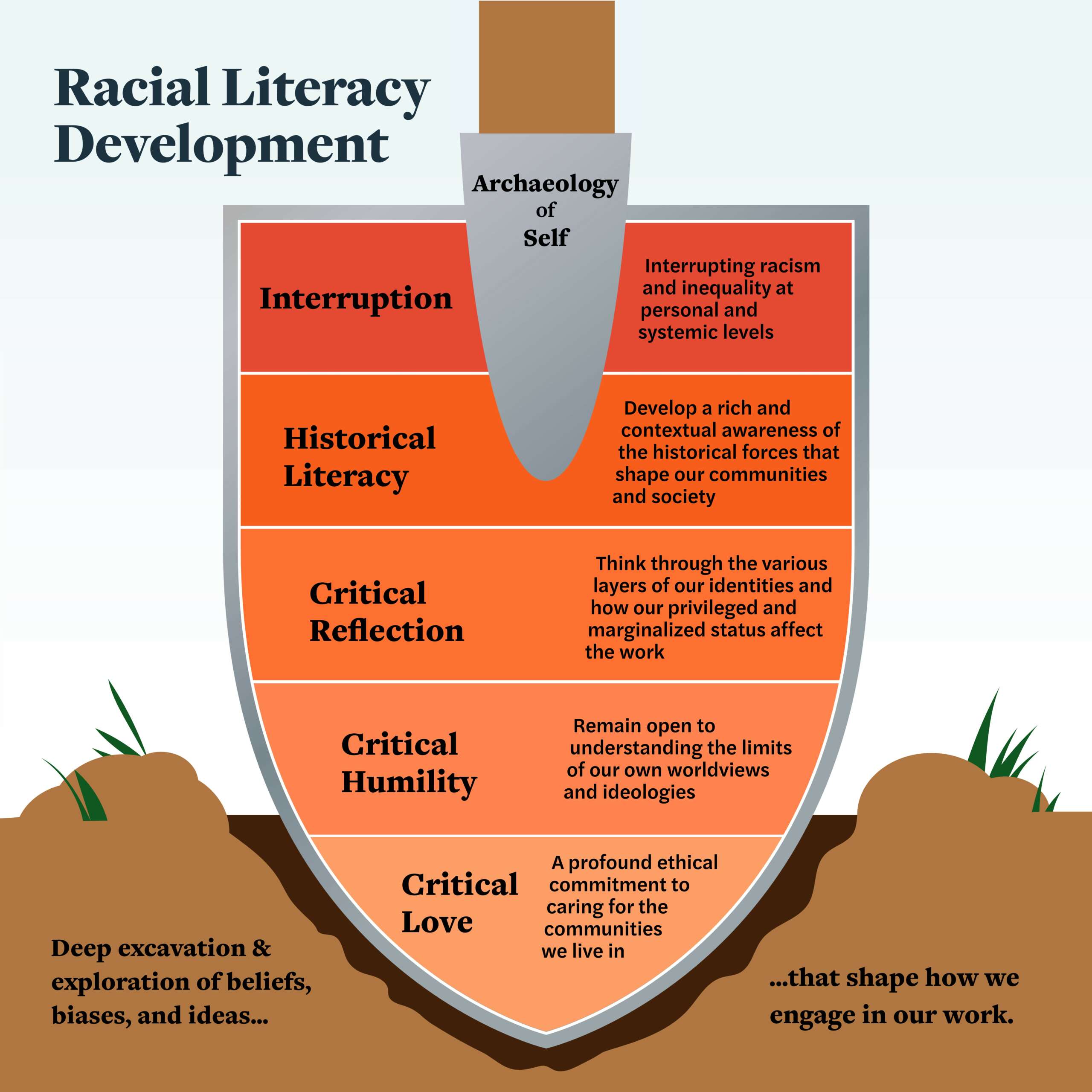
Contact Info:
- Website: yolandasealeyruiz.com
- Instagram: @yolie_sealeyruiz
- Facebook: Yolanda Sealey-Ruiz
- Linkedin: https://www.linkedin.com/in/yolandasealeyruiz-714a24126/
- Twitter: @RuizSealey
- Youtube: Yolanda Sealey-Ruiz
Image Credits
Marvin Young for NCTE


